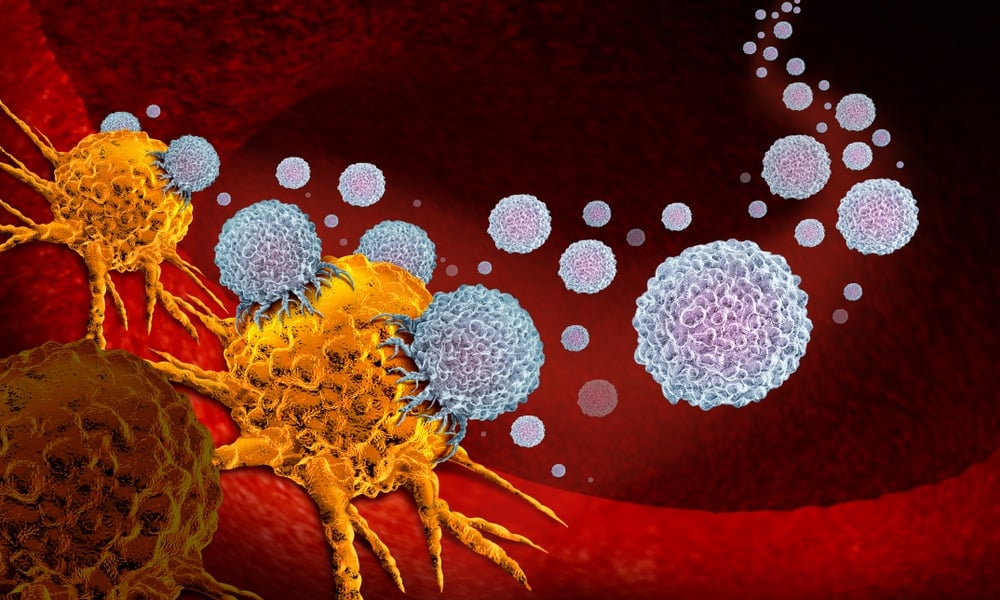Newsletter Signup - Under Article / In Page
"*" indicates required fields
VacV Biotherapeutics, a cancer immunotherapy company developing innovative viral-based therapies, emerged from stealth mode today to advance its pipeline of pre-clinical assets with best-in-class potential, towards the clinic.
VacV Biotherapeutics has spun out of Barts Cancer Institute and Queen Mary University of London following 20 years of research by immunotherapy experts Yaohe Wang, Nicholas Lemoine, and their team of cell and gene therapy researchers. The company has already attracted a $3 million investment from Proxima Ventures, which it has used to complete preclinical studies and build the team.
Immunotherapies, which enable a patient’s immune system to recognize and target cancer cells, have made a significant difference to cancer patients over the last decade. However, many patients fail to respond. Oncolytic viruses can directly kill cancer cells, alter the tumor microenvironment and sensitize more patients to immunotherapy.
‘Carefully-engineered virus’
Glyn Edwards, executive chairman of VacV Biotherapeutics, said: “VacV’s platform addresses many of the historic challenges faced by oncolytic viruses and builds on more than 20 years of research experience of its founders. We use a carefully engineered virus to destroy the tumor and activate anti-cancer immunity at the same time. As a pioneer in this space, VacV has generated viruses with optimal payloads and backbones to create a systemically deliverable, targeted, viral-based cancer immunotherapy.”
Yaohe Wang, chief scientific officer of VacV Biotherapeutics, added: “Our approach focuses on stimulating the patient’s immune system to fight cancer through the delivery of immune-modulating payloads as well as the virus’ oncolytic activity. This expertly designed Vaccinia virus-based therapy allows for easy, intravenous administration whilst overcoming challenges of existing approaches, such as cancer vaccines, immuno-checkpoint blockade and CAR-T/TCR-T cells. We are excited to be developing this therapy for patients in an effort to improve outcomes and prevent the recurrence of the disease.”
Using its technology platform, VacV Biotherapeutics said it has developed a promising pipeline of therapeutic candidates and is initially focusing on a range of refractory solid tumors including pancreatic ductal adenocarcinoma, glioblastoma and metastatic colorectal cancer amongst others.
VacV Biotherapeutics’ work has been supported by the Cell and Gene Therapy Catapult (CGTC).
Oncology R&D trends and breakthrough innovations







